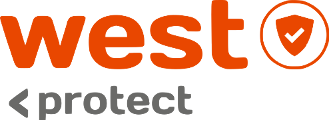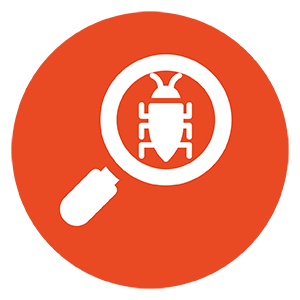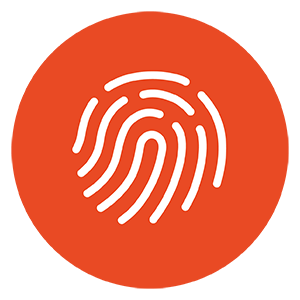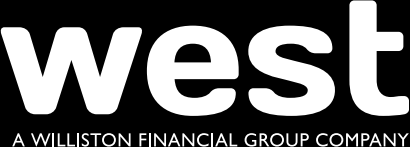Cyber News
Cyber threats are evolving every day, keeping up with them is a full-time job. The WESTprotect Cyber News is your source for how these changes affect you in the real estate, title, mortgage, and settlement services industry. From cyber threats to new Tactics, Techniques, and Procedures (TTP’s) we’ve got you covered.Tech support scammers are pretending to be from Microsoft, McAfee, and Norton to target users with fake antivirus billing renewals in a large-scale email campaign. While browsing the web, most people at one time or another have been redirected to a tech support scam website that pretends your computer is infected and then prompts you to dial a displayed phone number. Read more >>>
The personal information of hundreds of millions of Facebook users across the globe has been leaked online. Around 533 million Facebook users are thought to have been affected by the data breach, with phone numbers, Facebook ID, full name, location, past location, birthdate, email address, account creation date, relationship status, and personal bios all available. Read more >>>
The US Department of Justice warns of phishing attacks using fake post-vaccine surveys to steal money from people or tricking them into handing over their personal information. Attackers promise potential victims cash or prizes for filling out the fake surveys. Instead, they only harvest the filled-out personally identifiable information to fuel fraud schemes involving identity theft. Read more >>>
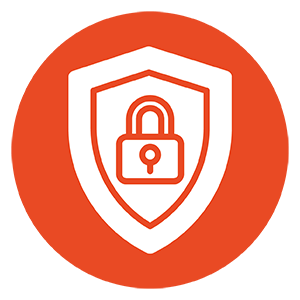
The Importance of Cybersecurity for Small Businesses
April 2, 2021
As a small business owner, you might think that you are an unlikely target for cybercriminals, assuming they are more likely to target larger organizations. This line of thinking is, unfortunately, far from the truth. Small businesses are one of the most popular targets for cyber-attackers. This guide is here to help small business owners learn why cybersecurity is so important to their company’s long-term health. Read more >>>
Astoria Company LLC is a lead generation company that leverages a network of websites to collect information on a person looking for discounted car loans, different medical insurance, or even mortgage loans through MortgageLeads[dot].loans. Researchers discovered the availability on the Dark Web of 30M of records of Americans affected by the Astoria Company data breach. Read more >>>

Researchers Discover Two Dozen Malicious Chrome Extensions
March 23, 2021
Researchers at Cato Networks have discovered two dozen malicious Google Chrome browser extensions and 40 associated malicious domains that are being used to introduce adware on victim systems, steal credentials, or quietly redirect victims to malware distribution sites. Read more >>>
